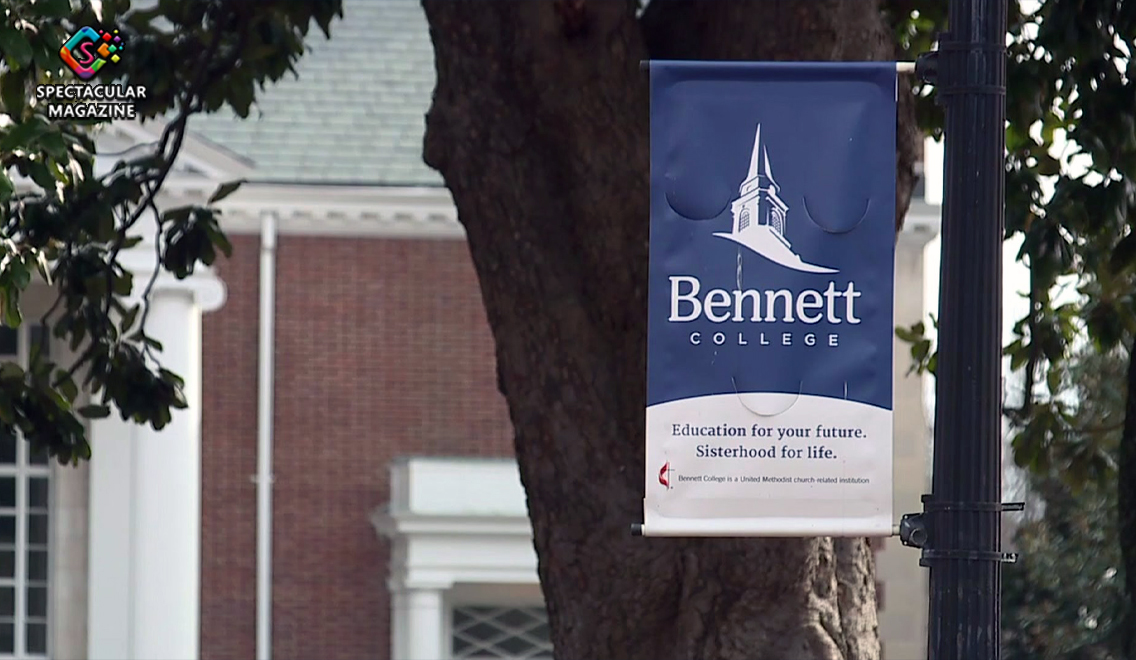Bennett College Ends A Long Fight For Its Financial Future
GREENSBORO, NC – Bennett College, one of two of the nation’s historically Black colleges for women, announced this week it has a new accreditor after a two-year fight for its accreditation status. The development — which is occurring two months before Vice President-elect Kamala Harris, the first HBCU graduate in the White House, enters office — ensures the school stays eligible for federal funding.

“This is a momentous day for the entire Bennett family and a major accomplishment for our institution,” President Suzanne Walsh said in a statement.
In December 2018, the Southern Association of Colleges and Schools Commission on Colleges (SACSCOC) terminated Bennett’s accreditation citing financial issues. In the months that followed, the school raised $9.5 million in a Stand With Bennett campaign to keep its relationship with SACSCOC, which didn’t budge. Bennett sued the accreditor in February 2019, resulting in the school remaining accredited on a probationary basis. In October, the Transnational Association of Christian Colleges and Schools approved the college’s accreditation status citing its strong leadership team and dynamic programs and activities for its community of “Belles,” a nickname for students at the women’s college.
Bennett’s struggle with its funding mirrors the plight of many HBCUs, which have suffered as enrollment declines at the storied institutions amid the soaring costs of higher education. Bennett’s new accreditor also granted full status to Paine College, an HBCU in Georgia, and approved Morris Brown’s application after two decades of the Atlanta HBCU being unaccredited.
Permanent accreditation means Bennett’s students remain eligible for Pell Grants and federal work-study programs. Nearly three in five students at HBCUs are low-income, first-generation students and approximately 78 percent of HBCU graduates have taken on loans. By comparison, nearly 40 percent of non-HBCU students graduate debt-free.
HBCUs continue to produce nearly 30 percent of Black graduates with a STEM degree, and about half of Black teachers went to an HBCU. HBCU graduates are also more likely to earn a graduate or professional degree than Black students at predominantly White colleges. Women have outnumbered men at HBCUs since the 1970s. Bennett and Spelman College in Atlanta are the only two HBCUs who specifically cater to women.
On the campaign trail, President-elect Joe Biden and Harris promised to make HBCU funding a priority through expanding Pell Grants and tripling funds to minority-serving institutions. Walsh, who called Harris’ election a “breathtaking moment,” led the women’s college through this accreditation battle.
“As a Black woman and graduate of a historically Black college, [Harris] is an icon and a beacon for our students and alumnae — in fact, for us all,” Walsh said in a statement. “At Bennett, we have always known that great things are possible when brilliance, strength, determination, presence, and heart are embodied in a Black woman. Kamala Harris is poised to prove that to the world.”

